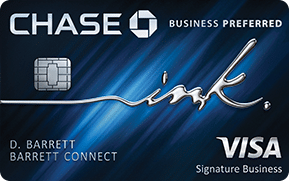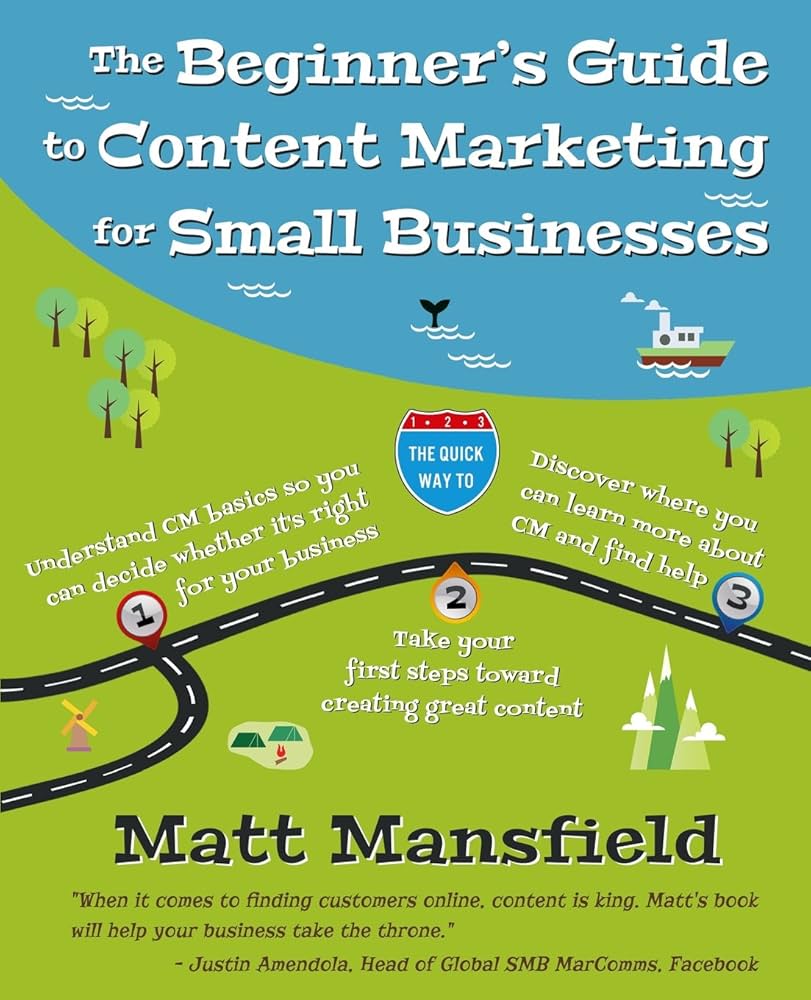Vehicle Loans for Business: Financing Your Company’s Wheels
Are you ready to give your business a boost with shiny new vehicles? Whether you’re hauling heavy equipment or transporting your team to job sites, a reliable fleet is essential for success. Let’s dive into the world of vehicle loans for businesses and explore how you can secure the financing you need to keep your company rolling.
Understanding Vehicle Loans for Business
Vehicle loans for businesses are tailored to meet the unique needs of companies. Unlike personal loans, they typically offer larger loan amounts and longer terms, allowing you to finance the purchase of multiple vehicles or specialized equipment. These loans are secured by the vehicle itself, providing lenders with peace of mind and potentially lower interest rates compared to unsecured loans.
To qualify for a vehicle loan, businesses will need to provide financial statements, tax returns, and proof of business registration. Lenders will assess your company’s creditworthiness, cash flow, and ability to repay the loan. It’s important to maintain strong financial records and a good credit score to increase your chances of approval.
When comparing different vehicle loan options, pay attention to interest rates, loan terms, and any additional fees. Don’t forget to factor in the cost of insurance, maintenance, and fuel.
Vehicle Loans for Your Business
When it comes to the lifeblood of commerce, businesses rely heavily on vehicles to transport goods, services, and employees. Acquiring the wheels that drive your enterprise, however, may require a financial boost. Vehicle loans for businesses offer a lifeline to companies seeking to expand their fleet or replace aging vehicles.
Types of Vehicle Loans
Much like a smorgasbord of financing options, various types of vehicle loans cater to the diverse needs of businesses. Choosing the right loan depends on factors such as the number of vehicles needed, the repayment period, and the company’s financial health.
Term Loans: A Straightforward Path to Ownership
Resembling a trusty steed, term loans provide a straightforward path to vehicle ownership. With fixed monthly payments spread over a set period, businesses can plan their expenses with precision. Whether it’s a brand-new fleet or a well-seasoned workhorse, term loans offer a reliable and predictable way to acquire vehicles.
Lease-to-Own: A Test Drive Before the Purchase
Picture a vehicle loan that lets you "try before you buy." Lease-to-own options allow businesses to lease vehicles for a specified period, with the opportunity to purchase them at the end. This approach offers a degree of flexibility, enabling companies to test the waters before taking the plunge into full ownership.
Secured Loans: Collateralizing for Success
Like a ship securing its anchor, secured loans use collateral, such as the vehicles themselves or other business assets, to secure financing. This can provide access to larger loan amounts at potentially more favorable interest rates. However, keep in mind that defaulting on the loan may result in the loss of the collateral.
Vehicle Loans for Business: A Financial Lifeline for Your Ride
In the competitive landscape of business, having a reliable vehicle is not just a luxury; it’s a necessity. Vehicle loans for business provide a lifeline to entrepreneurs and organizations seeking to expand their operations, deliver goods and services, and maintain a competitive edge on the road. With tailored financing options, business owners can acquire vehicles that meet their specific needs.
Eligibility Requirements
Just like getting a loan for personal use, qualifying for a vehicle loan for business requires meeting certain eligibility criteria. Lenders typically assess an applicant’s financial health, including credit history, revenue projections, and collateral availability. Here’s a closer look at each of these factors:
Credit History: Your credit score is a key indicator of your creditworthiness. Lenders want to see a consistent history of timely payments and responsible credit management. A higher credit score usually translates into more favorable loan terms and lower interest rates.
Revenue Projections: Lenders need to be confident that you can generate enough revenue to repay the loan. Submitting financial statements and business plans can help demonstrate your financial viability and ability to make loan payments on time.
Collateral Availability: In some cases, lenders may require collateral to secure the loan. Collateral can include the vehicle you’re purchasing or other business assets. Providing collateral reduces the lender’s risk and can lead to better loan terms.
Vehicle Loans: A Catalyst for Business Growth
In the dynamic landscape of commerce, seamless transportation is paramount. Vehicle loans for businesses offer a lifeline, empowering entrepreneurs to expand their transportation capabilities and drive operational efficiency to new heights.
Benefits of Vehicle Loans
Unlocking a multitude of advantages, vehicle loans can:
- Enhance transportation capabilities: Acquire vehicles to meet specific business needs, expanding delivery zones, reaching wider customer bases, and maximizing logistics efficiency.
- Improve efficiency: Reliable transportation ensures timely delivery of goods and services, minimizing downtime and increasing productivity.
- Potentially enjoy tax deductions: Businesses may qualify for tax deductions on interest expenses associated with vehicle loans, potentially reducing tax liabilities.
Making the Most of Vehicle Loans
To maximize the benefits of vehicle loans for businesses:
- Assess needs thoroughly: Determine the specific transportation requirements and vehicle specifications that align with business objectives.
- Shop around for competitive rates: Explore various lenders and compare interest rates, fees, and loan terms to secure the most cost-effective option.
- Factor in ongoing costs: Consider not only the loan payments but also insurance premiums, maintenance expenses, and potential fuel costs.
- Consider long-term implications: Evaluate the potential impact of vehicle depreciation, replacement costs, and future transportation needs.
Types of Vehicle Loans
Businesses can choose from a range of vehicle loans tailored to their unique needs:
- Secured loans: Backed by collateral, such as the purchased vehicle itself.
- Unsecured loans: Granted based on the borrower’s creditworthiness, without the need for collateral.
- Leases: Alternative to loans, offering flexible payment options and the potential for lower upfront costs.
Conclusion
Vehicle loans for businesses are a powerful tool that can propel growth, enhance efficiency, and optimize operations. By carefully assessing needs, selecting the right loan type, and managing costs effectively, businesses can leverage vehicle financing to drive their success to new heights.
Vehicle Loans for Business: A Guide to Financing Essential Assets
If you’re a business owner, you know that having reliable vehicles is crucial for smooth operations. But when it comes to financing those vehicles, the world of vehicle loans can seem like a daunting maze. Don’t get stuck in a rut! This comprehensive guide will help you understand the ins and outs of vehicle loans for business, empowering you to secure the financing you need to drive your business forward.
Tips for Securing a Vehicle Loan
Securing a vehicle loan for your business isn’t rocket science, but it does require some preparation. By following these expert tips, you can increase your chances of getting approved and securing favorable loan terms:
-
Prepare a Solid Business Plan: Lenders want to know how your business will use the vehicle and how it will contribute to profitability. Craft a clear and concise business plan outlining your business objectives, revenue projections, and how the vehicle will enhance operations.
-
Compare Loan Terms: Don’t jump the gun and sign the first loan you’re offered. Shop around and compare interest rates, loan terms, and additional fees. It’s like comparing apples to apples – make sure you’re getting the best deal for your business.
-
Consider a Co-signer: If your business is new or your credit score isn’t stellar, you may want to consider getting a co-signer. This person will guarantee the loan, giving the lender peace of mind and increasing your chances of approval.
-
Maintain a Good Credit Score: Lenders love a good credit score. It’s a sign that you’re a reliable borrower who pays your debts on time. Start building your credit score now by paying your bills diligently and limiting your debt-to-income ratio.
-
Provide Detailed Financial Information: Don’t keep your financial matters under wraps. Prepare financial statements, tax returns, and other documentation that provides a clear picture of your business’s financial health. The more transparent you are, the more likely you are to make a favorable impression on lenders.
Vehicle Loans for Businesses
When it comes to financing options for businesses, vehicle loans are a dime a dozen. They provide a convenient and flexible way to get the transportation you need without breaking the bank. Whether you’re looking to purchase a new or used vehicle, or you need to refinance an existing loan, there’s a vehicle loan out there that’s right for you. But this could get overwhelming, where do you begin? With so many different lenders and loan options available, it can be tough to know where to start. That’s where we come in. We’ve put together this guide to help you understand the ins and outs of vehicle loans for businesses, so you can make an informed decision about the best loan for your needs.
What is a Vehicle Loan?
A vehicle loan is a type of secured loan that is used to purchase a vehicle. The loan is secured by the vehicle itself, which means that the lender can repossess the vehicle if you default on your loan payments. Vehicle loans typically have lower interest rates than unsecured loans, and they can be used to finance both new and used vehicles.
Types of Vehicle Loans
There are two main types of vehicle loans: secured and unsecured. Secured loans are backed by collateral such as an automobile. If the borrower defaults on the loan, the lender can repossess the vehicle and sell it to recoup its losses. Unsecured loans, on the other hand, are not backed by collateral. This makes them riskier for lenders, so they typically have higher interest rates than secured loans. In most cases, your vehicle will serve as the collateral, which means they will have lower interest rates and monthly payments. If you’re not using the loan for a vehicle, you could use your business equipment or real estate as collateral. You may also be able to qualify for an unsecured business vehicle loan, but interest rates will likely be higher.
How to Apply for a Vehicle Loan
Applying for a vehicle loan is a relatively simple process. You can typically apply online, by phone, or in person at a bank or credit union. When you apply for a loan, you will need to provide the lender with some basic information about yourself and your business, such as your name, address, Social Security number, and business tax ID. You will also need to provide information about the vehicle you want to purchase, such as the make, model, and year. The lender will use this information to determine your eligibility for a loan and the interest rate you will be offered.
Factors That Affect Your Loan Approval
There are a number of factors that can affect your approval for a vehicle loan, including your credit score, debt-to-income ratio, and the type of vehicle you are purchasing. Lenders will typically look for borrowers with a good credit score and a low debt-to-income ratio. They will also consider the type of vehicle you are purchasing. If you are purchasing a new vehicle, you will likely be offered a lower interest rate than if you are purchasing a used vehicle.
How to Get the Best Interest Rate on a Vehicle Loan
There are a few things you can do to get the best interest rate on a vehicle loan. First, make sure you have a good credit score. Lenders will offer lower interest rates to borrowers with good credit scores. Second, shop around and compare interest rates from multiple lenders. Don’t just go with the first lender you find. Take the time to compare interest rates and fees from multiple lenders to find the best deal. Finally, consider getting a co-signer. If you have a co-signer with good credit, you may be able to qualify for a lower interest rate.
Conclusion
Vehicle loans can be a great way to finance the purchase of a new or used vehicle for your business. By following the tips in this guide, you can increase your chances of getting approved for a loan and getting the best possible interest rate.




Leave a Reply